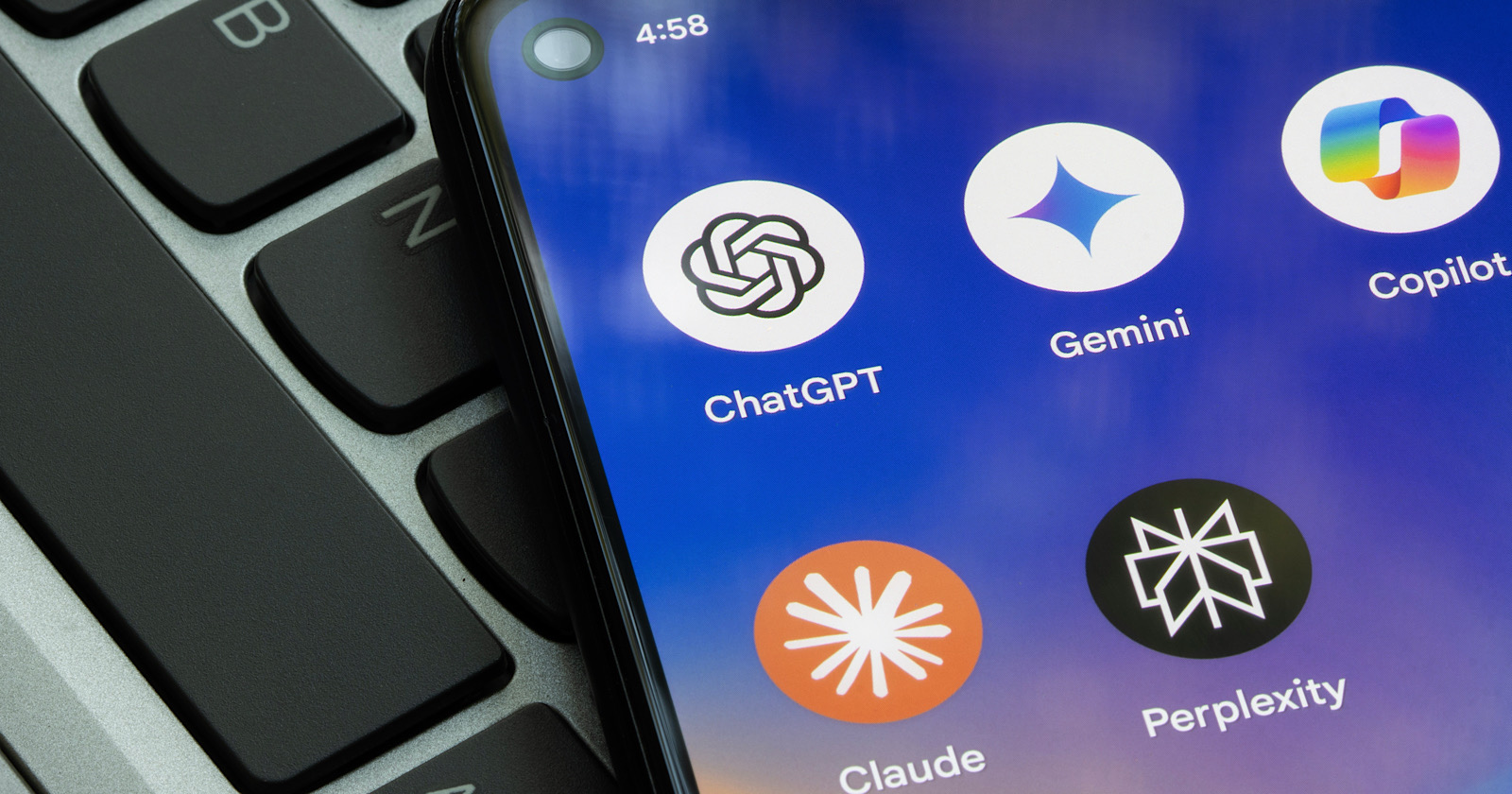Video summary:
A recent analysis by xfunnel.ai examines citation patterns across major AI search engines.
The findings provide new insight into how these tools reference web content in their responses.
Here are the must-know highlights from the report.
Citation Frequency Differs By Platform
Researchers submitted questions across different buyer journey stages and tracked how the AI platforms responded.
The study analyzed 40,000 responses containing 250,000 citations and found differences in citation frequency:
- Perplexity: 6.61 citations per response
- Google Gemini: 6.1 citations per response
- ChatGPT: 2.62 citations per response
ChatGPT was tested in its standard mode, not with explicitly activated search features, which may explain its lower citation count.
Third-Party Content Leads Citation Types
The research categorized citations into four groups:
- Owned (company domains)
- Competitor domains
- Earned (third-party/affiliate sites)
- UGC (user-generated content)
Across all platforms, earned content represents the largest percentage of citations, with UGC showing increasing representation.
Affiliate sites and independent blogs hold weight in AI-generated responses as well.
Citations Change Throughout Customer Journey
The data shows differences in citation patterns based on query types:
- During the problem exploration and education stages, there is a higher percentage of citations from third-party editorial content.
- UGC citations from review sites and forums increase in the comparison stages.
- In the final research and evaluation phase, citations tend to come directly from brand websites and competitors.
Source Quality Distribution
When examining the quality distribution of cited sources, the data showed:
- High-quality sources: ~31.5% of citations
- Upper-mid quality sources: ~15.3% of citations
- Mid-quality sources: ~26.3% of citations
- Lower-mid quality sources: ~22.1% of citations
- Low-quality sources: ~4.8% of citations
This indicates AI search engines prefer higher-quality sources but regularly cite content from middle-tier sources.
Platform-Specific UGC Preferences
Each AI search engine shows preferences for different UGC sources:
- Perplexity: Favors YouTube and PeerSpot
- Google Gemini: Frequently cites Medium, Reddit, and YouTube
- ChatGPT: Often references LinkedIn, G2, and Gartner Peer Reviews
The Third-Party Citation Opportunity
The data exposes a key area that many SEO professionals might be overlooking.
While the industry often focuses on technical changes to owned content for AI search optimization, this research suggests a different approach may be more effective.
Since earned media (content from third parties) is the biggest citation source on AI search platforms, it’s important to focus on:
- Building relationships with industry publications
- Creating content that others want to cover
- Contributing guest articles to trusted websites
- Developing strategies for the user-generated content (UGC) platforms that each AI engine prefers
This is a return to basics: create valuable content that others will want to reference instead of just modifying existing content for AI.
Why This Matters
As AI search is more widely used, understanding these citation patterns can help you stay visible.
The findings show the need to use different content strategies across various platforms.
However, maintaining quality and authority is essential. So don’t neglect SEO fundamentals in pursuit of broader content distribution.
Top Takeaway
Invest in a mix of owned content, third-party coverage, and presence on relevant UGC platforms to increase the likelihood of your content being cited by AI search engines.
The data suggests that earning mentions on trusted third-party sites may be even more valuable than optimizing your domain content.
Featured Image: Tada Images/Shutterstock





![AI Overviews: We Reverse-Engineered Them So You Don't Have To [+ What You Need To Do Next]](https://www.searchenginejournal.com/wp-content/uploads/2025/04/sidebar1x-455.png)